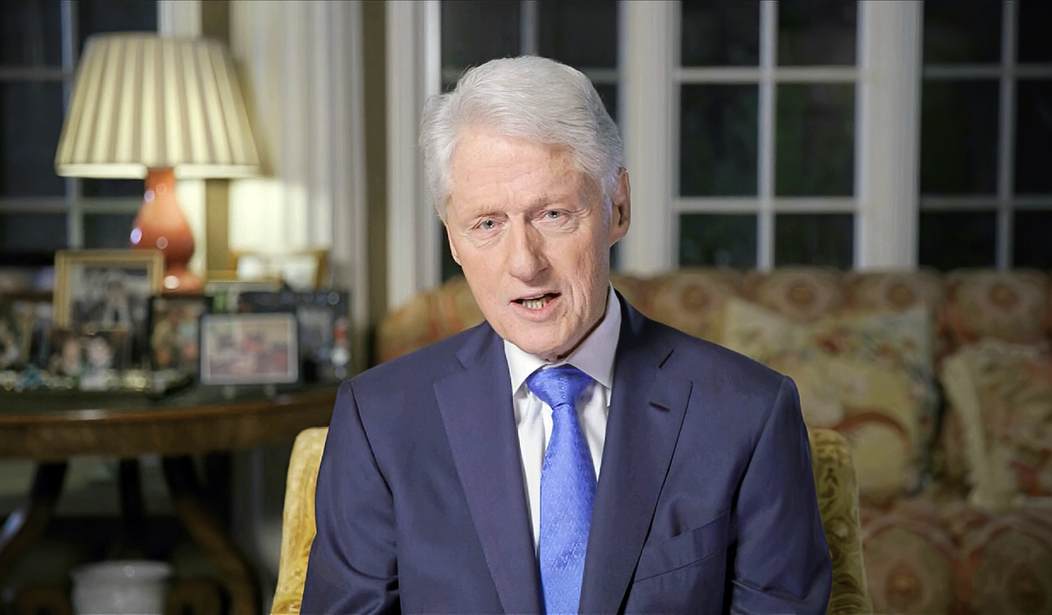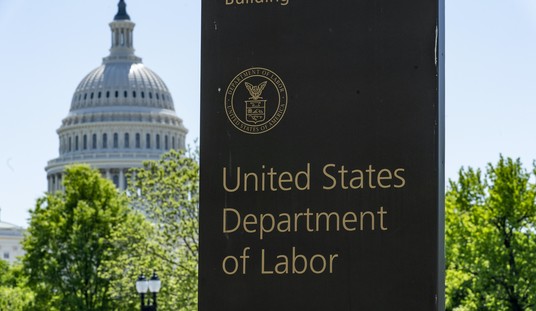We’ve seen folks in the media and on the left say all kinds of things about President Donald Trump regarding the FBI raid on his Mar-a-Lago home.
We also saw Attorney General Merrick Garland act as though the FBI was the victim because they made an unprecedented move that screams of politics. But then Garland moved to block the unsealing of the affidavit for the warrant for the raid. He still has refused to explain why they conducted their raid when they did.
We’ve said there’s a big difference in the way that they’re treating Trump versus the way that they treated Hillary Clinton, who had a whole private server to avoid review, who destroyed emails, and whose people destroyed Blackberrys. She was never raided. She wasn’t prosecuted despite having classified documents on her server.
But it turns out that there’s another important comparison to show the difference in treatment that’s going on here — a comparison to Bill Clinton.
Clinton made audio tapes with historian Taylor Branch during his presidency and for a period of time, they were even kept in his sock drawer.
Branch recorded seventy-nine audiotapes that “preserved not only President Clinton’s thoughts and commentary on contemporaneous events and issues he was facing as president, but, in some instances, recorded actual events such as presidential telephone conversations.
Judicial Watch sued to have the tapes included in the National Archives.
But U.S. District Judge Amy Berman Jackson ruled there was no provision in the Presidential Records Act to force the National Archives to seize records from a former president. What’s interesting about the case is what it says in regard to a president’s sweeping power over records.
But Jackson’s ruling — along with the Justice Department’s arguments that preceded it — made some other sweeping declarations that have more direct relevance to the FBI’s decision to seize handwritten notes and files Trump took with him to Mar-a-Lago. The most relevant is that a president’s discretion on what are personal vs. official records is far-reaching and solely his, as is his ability to declassify or destroy records at will.
“Under the statutory scheme established by the PRA, the decision to segregate personal materials from Presidential records is made by the President, during the President’s term and in his sole discretion,” Jackson wrote in her March 2012 decision, which was never appealed.
“Since the President is completely entrusted with the management and even the disposal of Presidential records during his time in office, it would be difficult for this Court to conclude that Congress intended that he would have less authority to do what he pleases with what he considers to be his personal records,” she added.
The judge also noted it would be wrong to seize the tapes from Clinton, that it was an “extraordinary request” that was “unfounded, contrary to the PRA’s express terms, and contrary to traditional principles of administrative law. The Court agrees.”
If the Archives wants to challenge a decision, that agency and the attorney general can initiate an enforcement mechanism under the law, but it is a civil procedure and has no criminal penalty, she noted.
As Tom Fitton, who lost that case, notes, in that case, the government was defending the matter that Clinton didn’t have to turn over the tapes.
But now the government is going after Trump, with an overly broad warrant suggested they had the right to look for and grab any document made during his presidency. The government’s attitude turns on a dime because it’s Trump.
Kevin Brock, former assistant FBI director for intelligence, told Just the News the bureau’s search warrant was overly broad and went beyond what the FBI manual for agents recommended. “Specificity is important in order to protect fourth amendment rights from exuberant government overreach designed to find whatever they can,” he told Just the News.
Brock added he did not believe DOJ and FBI had authority to criminalize the retention of presidential records.
The warrant “apparently makes a novel legal assertion that any presidential record kept by a former president is against the law,” Brock said. “You have to wonder what the other living former presidents think about that. They have the right and, apparently, clear desire to remain silent.”
Bottom line, there are a lot of legal questions here in addition to the politicization questions and the FBI is going to have to answer up.













Join the conversation as a VIP Member